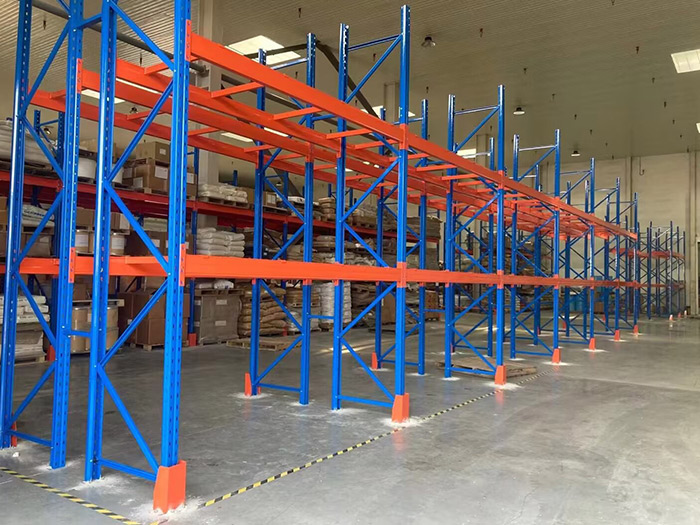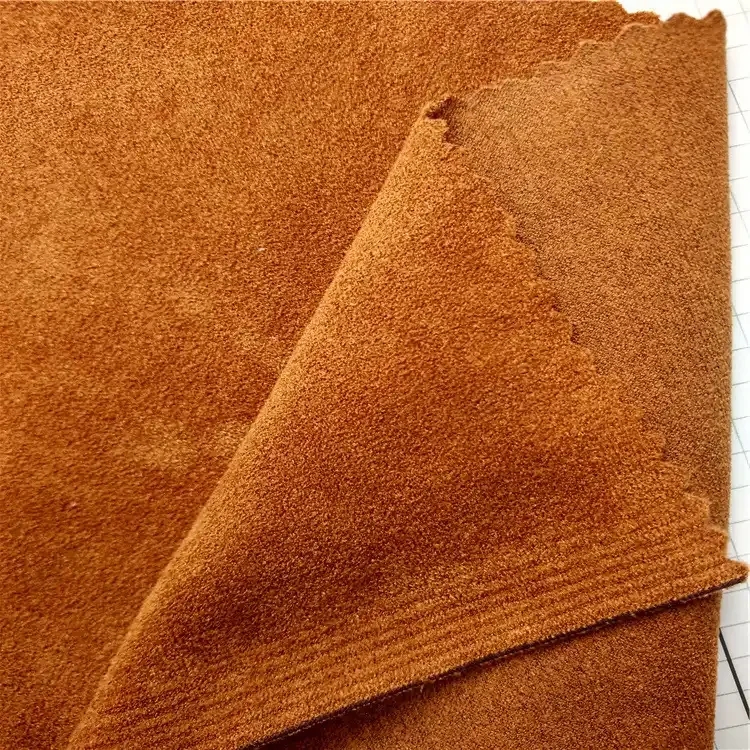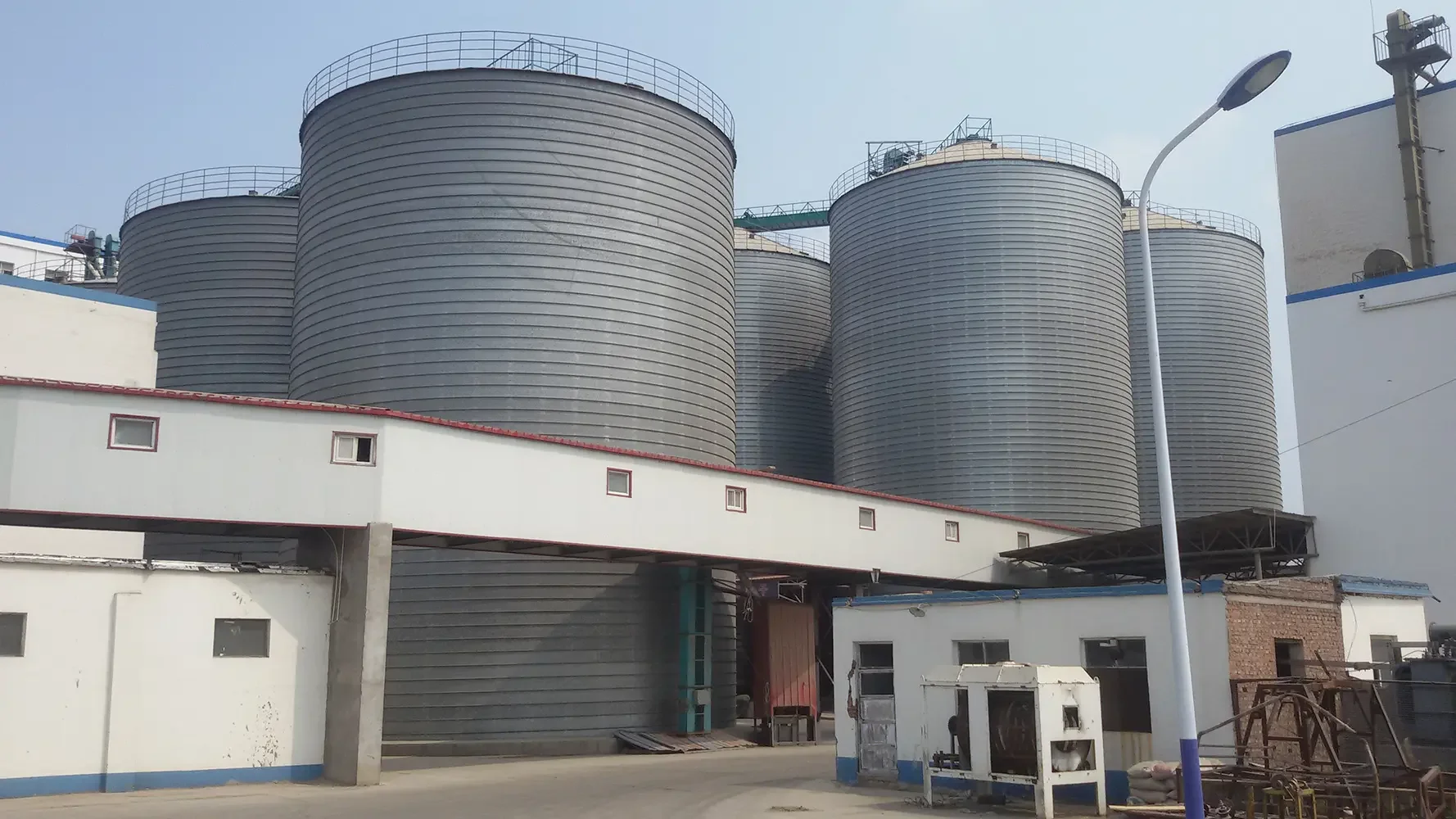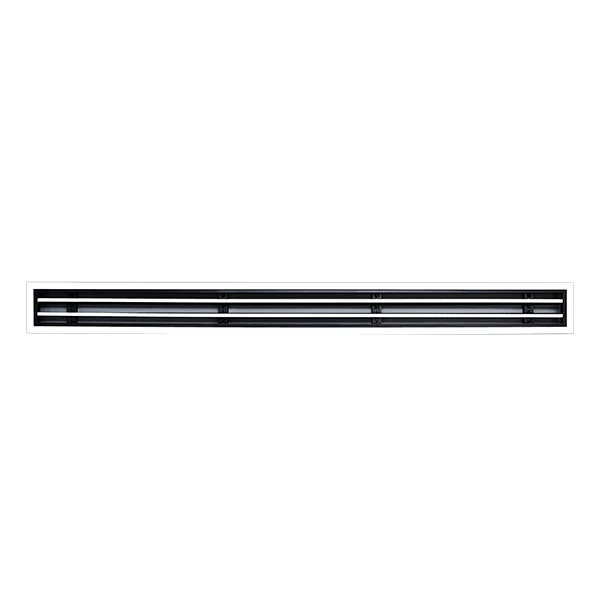Mechanical seals play a crucial role in various industries, ensuring the efficient and reliable operation of rotating equipment. With their ability to prevent leakage and maintain the integrity of systems, mechanical seals have become indispensable components in pumps, compressors, and other machinery. In this forum post, we will delve into the world of mechanical seals, exploring their types, applications, and advancements, providing you with a comprehensive understanding of this vital technology.
- Understanding Mechanical Seals:
Mechanical seals are devices designed to seal the gap between two surfaces, typically a rotating shaft and a stationary housing. They consist of several key components, including primary sealing elements, secondary sealing elements, and hardware. The primary sealing elements, commonly made of carbon or ceramic materials, are responsible for preventing fluid leakage, while the secondary sealing elements, such as O-rings or elastomers, provide additional protection and resilience. - Types of Mechanical Seals:
There is a wide range of mechanical seals available, each designed to suit specific applications and operating conditions. Some common types include:
- Single Mechanical Seals: These seals consist of a single set of primary and secondary sealing elements and are widely used in various industries.
- Double Mechanical Seals: Double seals provide an extra layer of protection by incorporating two sets of primary and secondary sealing elements, making them suitable for critical applications where leakage is not permissible.
- Cartridge Mechanical Seals: Cartridge seals are pre-assembled units that simplify installation and maintenance, reducing downtime and ensuring consistent performance.
- Split Mechanical Seals: Split seals are designed for equipment that cannot be disassembled during seal installation, allowing for easy retrofitting without the need for equipment modification.
- Applications of Mechanical Seals:
Mechanical seals find applications in numerous industries, including:
- Oil and Gas: Mechanical seals are crucial in pumps and compressors used in upstream and downstream operations, ensuring the containment of hazardous fluids.
- Chemical Processing: Seals play a vital role in preventing leakage of corrosive and toxic substances, maintaining the safety and integrity of chemical processing equipment.
- Water and Wastewater Treatment: Mechanical seals are used in pumps and mixers, preventing water contamination and ensuring efficient treatment processes.
- Food and Beverage: Seals in food-grade materials are employed to maintain hygiene standards and prevent product contamination in pumps and mixers.
- Advancements in Mechanical Seals:
The field of mechanical seals has witnessed significant advancements in recent years, driven by the need for improved performance and reliability. Some notable advancements include:
- Advanced Materials: The development of new materials, such as silicon carbide and diamond-like carbon, has enhanced the durability and wear resistance of mechanical seals, extending their lifespan.
- Seal Monitoring Systems: Integration of sensor technologies allows real-time monitoring of seal performance, enabling predictive maintenance and reducing the risk of unexpected failures.
- Environmental Considerations: With a growing focus on sustainability, manufacturers are developing mechanical seals with reduced energy consumption and improved environmental compatibility.
Conclusion:
Mechanical seals are diverse and essential components in various industries, ensuring the efficient and safe operation of equipment. By understanding the different types, applications, and advancements in mechanical seals, professionals can make informed decisions regarding their selection, installation, and maintenance. Stay updated with the latest developments in this field to optimize equipment performance and minimize downtime.




